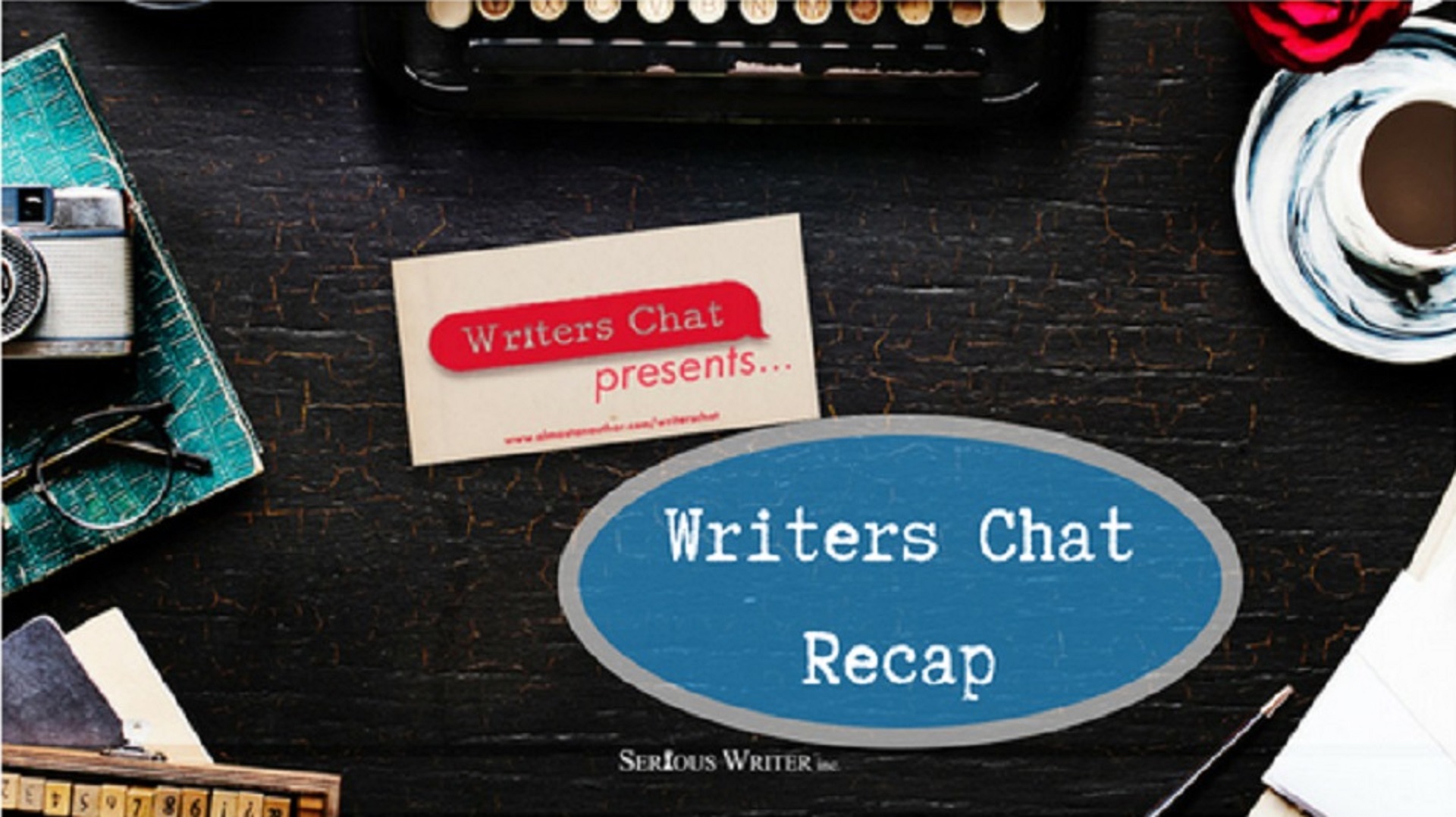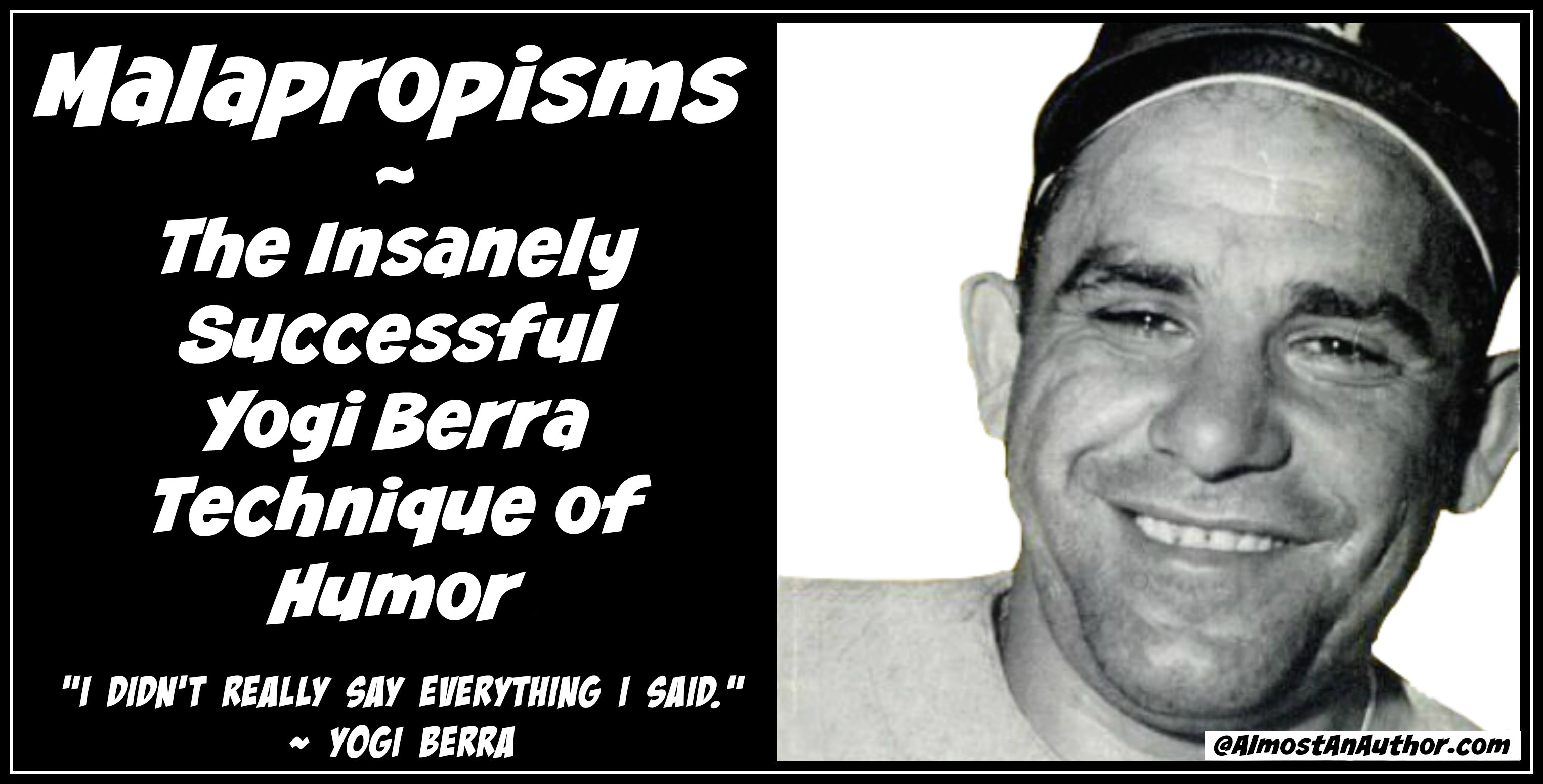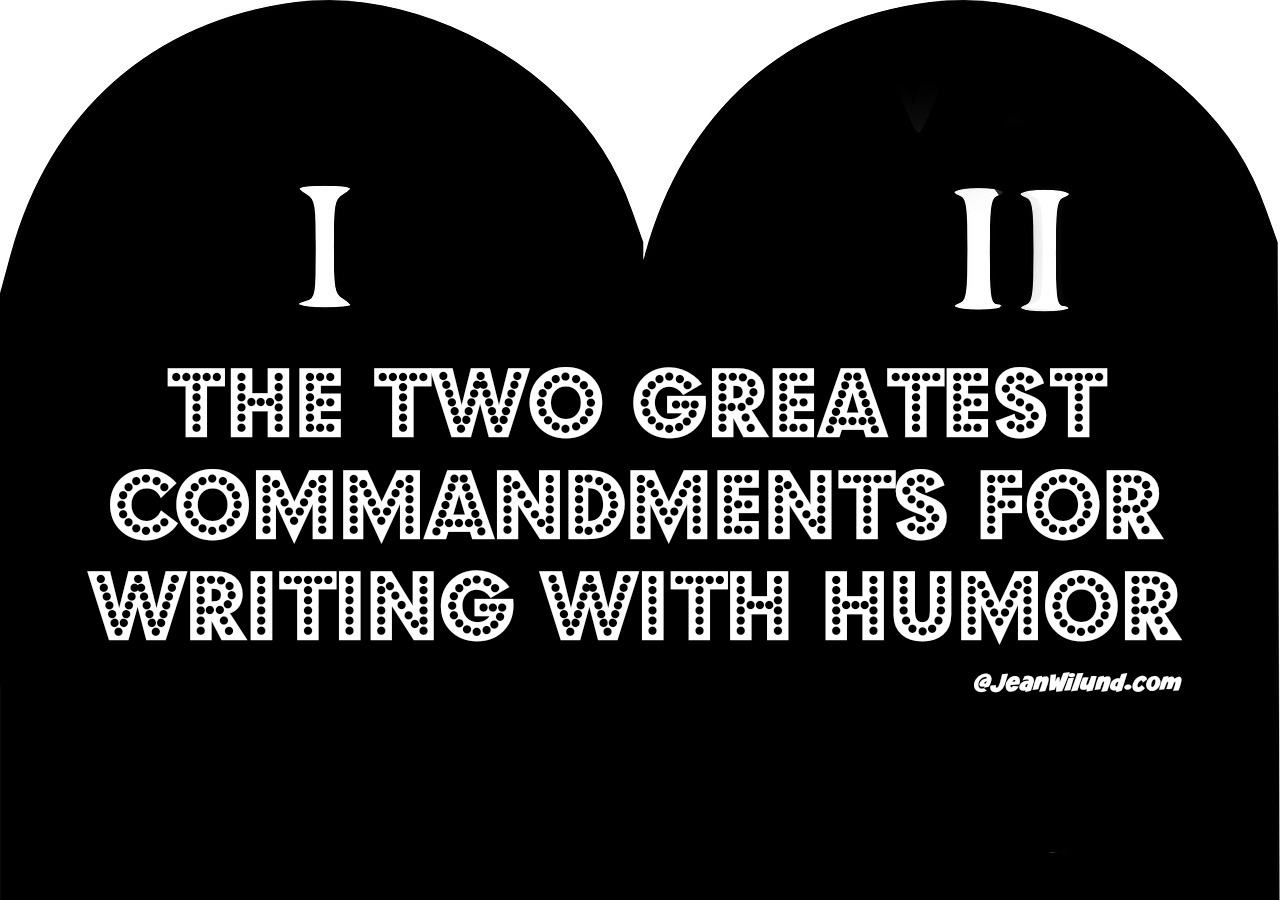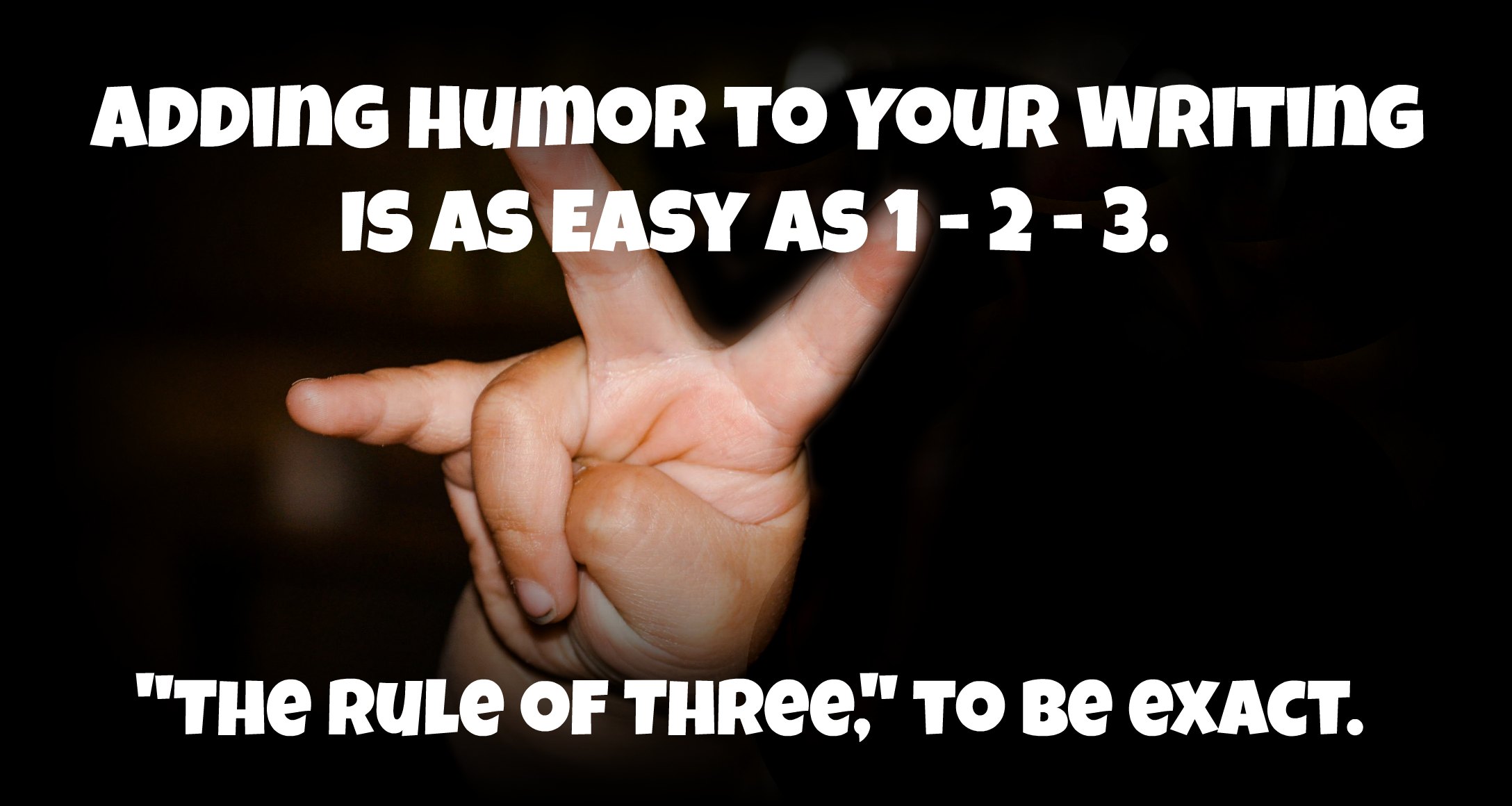
Pop go the Pop References!
I teach Public Speaking to college and high school students, and one thing we talk about is “Shared Meaning.”…
April 7, 2024
I teach Public Speaking to college and high school students, and one thing we talk about is “Shared Meaning.”…
April 7, 2024
Writers Chat, hosted by Johnnie Alexander, Brandy Brow, and Melissa Stroh is the show where we talk about all…
February 15, 2024
We’re almost 3 months into the new year, and unfortunately, a lot of people have already given up on…
February 26, 2023
During my senior year of college, I took a class called “Psychology of Advertising,” taught by a first-time adjunct…
September 6, 2020
Writers Chat, hosted by Jean Wise, Johnnie Alexander, and Bethany Jett, is the show where we talk about all…
April 15, 2020
It’s a new year, and we all know what that means: resolutions! Love them or hate them, we all…
January 6, 2018
Malapropisms “When you come to a fork in the road, take it.” Say what? A malapropism sounds more like a…
November 24, 2016
Thou Shalt write with humor. But how? By following these two commandments from humor author James N. Watkins: I. Thou Shalt…
June 27, 2016
Adding humor to any type of writing is as easy as 1 – 2 – 3. Not 1 –…
March 8, 2016